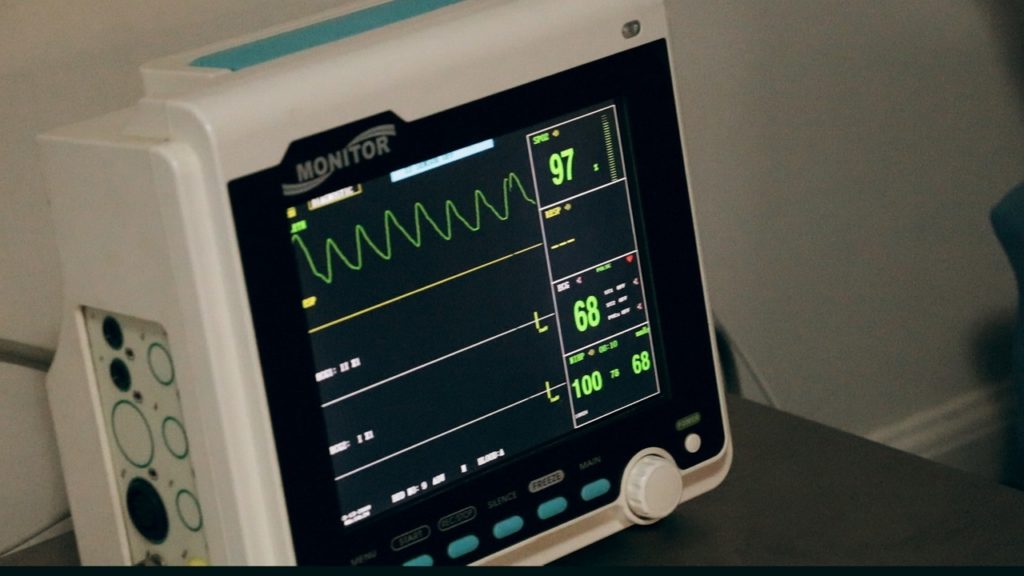Until recently, active-duty military personnel could not bring military medical malpractice cases against army medical facilities or practitioners. Troops are barred from suing the US government for personal injury or fatality, as each is considered to be an “incident to service.”
So, even if the treatment they received was for an elective procedure, and the said procedure was done negligently, their hands were tied. This also applied to procedures performed away from the battlefield. The Senate passed a military medical malpractice law that changes all that.
Now, the $738 billion defense spending bill contains a provision known as the 2020 National Defense Authorization Act or NDAA for short that allows active-duty military officers to sue the federal government for malpractice when its medical practitioners act negligently. The bill was signed into law by President Donald Trump on December 20, 2019.
The Genesis of It All
35-year old Richard Stayskal was an Army Green Beret who was drawn to the military by his passion for wanting to serve his country in the only way he knew how. However, during a 2004 tour of duty in Iraq, a bullet tore through his body, piercing his chest and leaving behind scar tissue.

He went about performing his duties until the opportunity to join the Special Forces dive school presented itself. It was something he always wanted to do, so he jumped at the chance to embark on the character-building journey.
So, in January 2017, Stayskal reported to the Womack Army Medical Center for mandatory tests to ensure that his 2004 injury wouldn’t compromise the underwater operations that he would now be heavily involved in. So, a chest scan was done, but doctors failed to inform him of the tumor in his right lung that measured more than an inch in diameter.
The Misdiagnosis
Four months later, he was rushed to the hospital in an ambulance after his condition deteriorated. He reported experiencing excruciating chest pains, trouble breathing and dizziness. When the army doctors took a closer look at the earlier scan, they noticed the tumor indicating that attention was needed, but still sent him home with a diagnosis of Atypical Pneumonia.
He was also given three prescriptions as well as a referral to an army pulmonologist for further evaluation. It was at this point that he received his first correct diagnosis: Stage 3 lung cancer. In the six months that he was on prescription medication for a wrong diagnosis, his cancer advanced rapidly and had nearly doubled in size at this point. Stayskal’s cancer is now terminal having advanced to stage 4.

The Feres Doctrine
Although this was a clear cut case of gross military medical malpractice, there’s nothing Stayskal could do to hold the errant army doctors accountable for their actions. This was because of a controversial legal precedent that was set in the 1950s called the Feres Doctrine that prevented army troops from pursuing damages for on-duty accidents or war-related injuries.
For many years, the doctrine has prevented families with military medical malpractice claims from seeking redress in the legal system. The Department of Defense continued to defend its current “no-fault” system of compensation, arguing that it provided the fairest approach to all the different types of negligence claims – medical malpractice included.
Shortcomings of the Feres Doctrine
One of the major flaws with the original Feres v. United States litigation was that it integrated three negligence claims. Two of them involved surgery-related medical malpractice. In one of these, the military surgeon left behind a 30-by-18 inch towel that read Medical Department US Army.
The third involved the widow of an army lieutenant who filed a lawsuit after a defective heater caused a military barracks fire that led to the untimely death of her husband. The spirit of the doctrine was to protect frontline medics who have to make pressured judgment calls in the heat of battle.
But it was expanded to encompass all non-war scenarios in the military medical system, which is a major deviation from what the spirit of the law intended. There have been many unsuccessful attempts in the past to fix the doctrine via Congress with one notable one being the Military Medical Accountability Act of 2009.

It was introduced in both the House and the Senate but was effectively shut down. Now, thanks to the NDAA, military service members can hold the federal government accountable for medical malpractice.
The National Defense Authorization Act
While the new legislation is in no doubt a game-changer, it does come with some significant limitations. For starters, military members will still not be able to sue for personal injuries caused by medical practitioners on the battlefield.
Their claims will also be resolved administratively, meaning that they will not be pursued in federal court. Additionally, a claim valued at less than $100,000 that has been substantiated will be paid by the Department of Defense directly to the service member or the surviving beneficiary of the deceased.
A claim that is valued more than $100,000 will be reviewed by the Secretary of Defense. If they give it the nod, the Treasury Department will pay it out.
Military personnel also have a two-year time limit from the date of injuries within which to file their claims. Therefore, victims who sustained injuries before 2017 will not be able to seek redress in 2020, no matter how egregious they were.
Perhaps the biggest shortcoming of the Act is that if the Department of Defense shoots down the claim, it marks the end of the road in the pursuit of justice. Not to mention the limited institutional experience the army has when it comes to handling medical malpractice suits.
Get Top-Notch Legal Representation
While the National Defense Authorization Act is far from perfect, it does open an avenue for aggrieved service members who have suffered an injury at the hands of negligent medical personnel to seek justice. If you are in the military or have served in the past, getting great legal representation will go a long way in getting you the outcome you deserve. Ensure that you get experienced lawyers for veterans as well as for active servicemen to help you hold negligent army doctors accountable for their actions.
If you have more legal questions, you can also chat online with a Laws101.com attorney, where you’ll be instantly connected to a lawyer who can give you legal guidance on your specific case or question.
